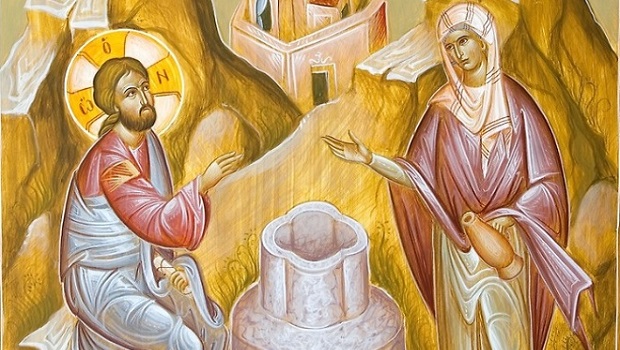Elder Ephraim of Arizona †
When I was abroad in 1987 I saw Geronda again in my sleep after finishing my vigil. He looked very happy and much younger than he was when he passed away. He said to me: “My child, know that when you are obedient, you help make my petitions and intercessions more accepted by God because I am praying for people who are forceful in their spiritual struggle.”
“Yes, Geronda, we are trying to be obedient, and I try to do everything you told me. I have held on to everything you taught me, and. now I live—in a simple way—as you used to live.”
He was delighted to hear that, and when I woke up I was thoroughly renewed. It is very comforting to know that people like my elder and Gero-Arsenios are helping us work out our salvation. I believe that now that Geronda is up in the other world, he is concerned for us that we not lose our salvation and all those good things he is enjoying. He must be thinking: ‘Just as we had to face spiritual dangers, they too are facing dangers, and they need help now.’
He can already foresee what will be given after the Second Coming to those who have conquered sin, the passions, and the demons. He realizes what will be revealed after the Second Coming when Christ, the Lamb Who was sacrificed, will be in Paradise together with the entire brotherhood of victors (the saints). Paradise will open for them with resurrectional joy. When they enter, He will tell them: Behold, Paradise. Behold, God’s gift to you.”
Geronda is fully aware of all this, and he is worried that some of us might lose our souls and not see all those things and be deprived of these great blessings and riches from God. He is worried that, instead, we might go down to fearsome, eternal hell to live with the demons. Being aware of this, he is anxious and is praying and entreating God that no one will fall away and lose his soul.
Source: pemptousia.com




0 Comments